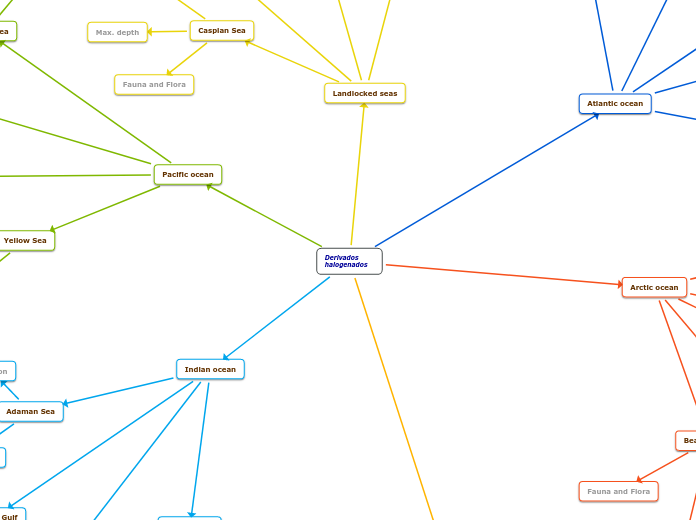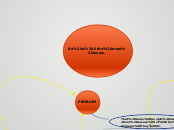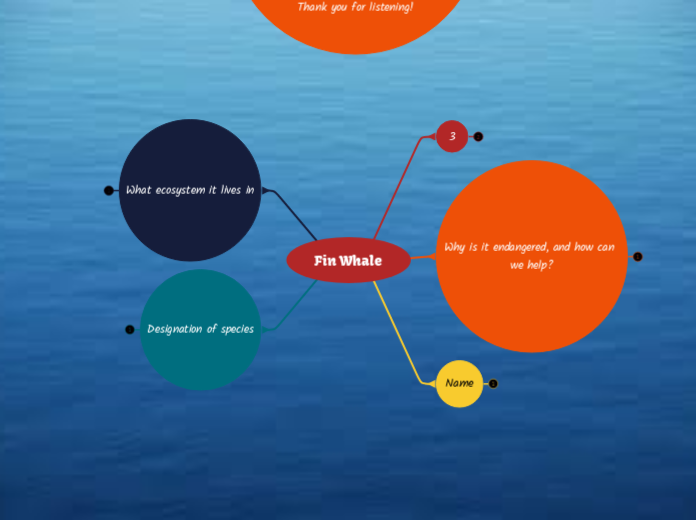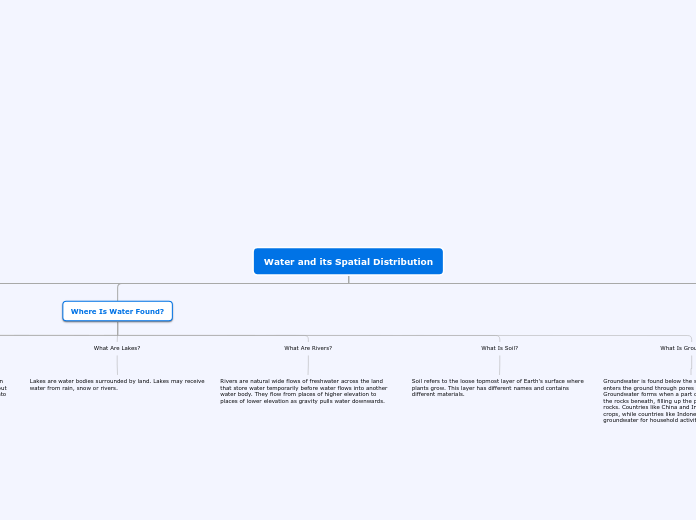Derivados halogenados
The World's Oceans
- 71% of the Earth's surface is covered by water
- The oceans contain 97% of the earth's water
- All oceans and seas are actually one continuous body of water
- Oceanographers are scientist who study the ocean and its processes.
Landlocked seas
When a sea has no access to the ocean then it is known as a land-locked sea.
Caspian Sea
Dead Sea
Salton Sea
Aral Sea
Pacific ocean
The Pacific Ocean is the largest and deepest of Earth's oceanic divisions. It extends from the Arctic Ocean in the North to the Southern Ocean in the South and is bounded by the continents of Asia and Australia in the West and the Americas in the East.
Yellow Sea
Tasman Sea
East China Sea
Berring Sea
Indian ocean
The Indian Ocean is the third-largest of the world's oceanic divisions, covering 70,560,000 km² or 19.8% of the water on Earth's surface. It is bounded by Asia to the north, Africa to the west and Australia to the east.
Adaman Sea
Persian Gulf
Red Sea
Arabian Sea
Southern ocean
The Southern Ocean is the 'newest' named ocean. It is recognized by the U.S. Board on Geographic Names as the body of water extending from the coast of Antarctica to the line of latitude at 60 degrees South.
Wedell Sea
Scotia Sea
Ross Sea
Arctic ocean
The Arctic Ocean is the smallest and shallowest of the world's five major oceans.
Beaufort Sea
Chukchi Sea
Laptev Sea
Kara Sea
Barents Sea
Atlantic ocean
The Atlantic Ocean occupies an elongated, S-shaped basin between Europe and Africa at the East and the Americas at the West.
Black Sea
Norwegian Sea
Caribbean Sea
Mediterranean Sea
Baltic Sea
Search and add the main characteristics, such as position, maximum depth, flora and fauna of this sea.
Fauna and Flora
Max. depth
Position









